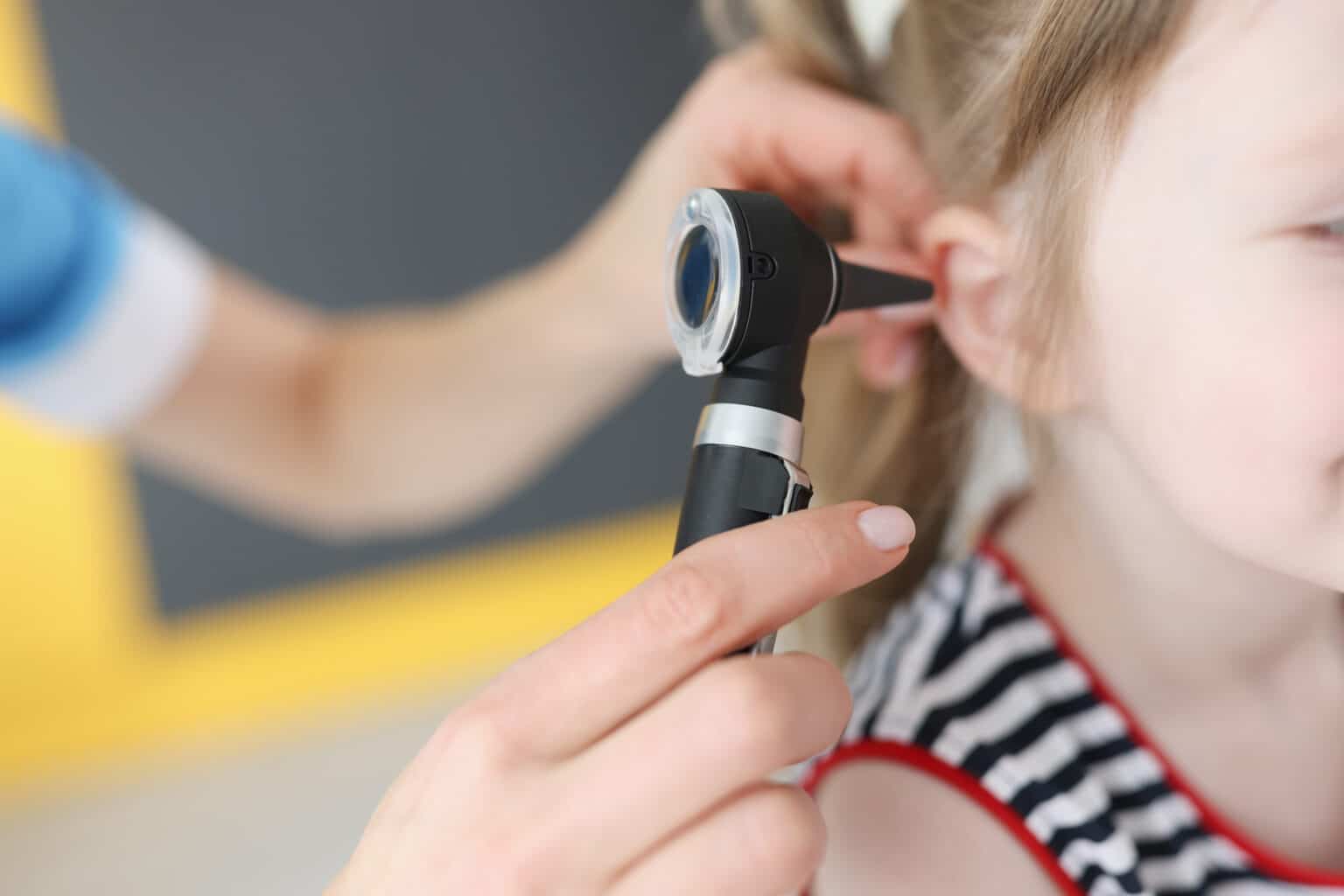Ear infections are incredibly common, especially in children. While the occasional infection is normal, frequent or chronic ear infections can pose more serious health consequences.
Chronic Ear Infections and Hearing Loss Risk

While it’s not uncommon for children with an ear infection to experience some temporary muffled hearing due to fluid buildup in the ear, their hearing usually returns to normal after the infection has cleared. However, chronic ear infections may increase the chances of developing permanent hearing loss.
Hearing tests were administered to 123 patients with unilateral chronic otitis media (ear infections in one ear). Researchers found a highly significant association between chronic ear infections and sensorineural hearing loss.
Treating Chronic Ear Infections
When it comes to treating chronic ear infections, much of it depends on the cause.
- Eustachian tube issues. Children are more prone to ear infections partly because their Eustachian tubes may not be fully mature or functional yet. This can lead to frequent fluid buildup and regular infections. In such cases, ear tubes may need to be surgically placed in your child’s ears to drain fluid and prevent infection. This is a common, safe procedure and the tubes fall out on their own within a few years as the Eustachian tube develops.
- Chronic allergies or sinusitis: Allergies and chronic sinus infections are other conditions that can lead to frequent ear infections. In both cases, treating the underlying condition should reduce the number of infections. When it comes to allergies, that may mean taking medications and avoiding certain triggers, such as staying away from outdoor areas like Brushy Creek Lake Park on high pollen days. While antibiotics can be used in some cases of sinusitis, there is a concern of overuse leading to antibiotic resistance in frequent infections. In this case, prevention methods such as regular nasal irrigation may be recommended instead.
Treating Occasional Ear Infections
If your child only gets the occasional ear infection, it can most likely be treated at home. However, check in with a doctor to see if additional treatment is necessary, especially if your child has a fever.
There are several things you can do to keep your child comfortable at home while the infection clears. These include:
- Apply a warm cloth to the infected ear
- Use OTC or prescription ear drops or medication like acetaminophen to help with the pain
- Encourage your child to avoid sleeping on the infected ear
If your child is experiencing frequent ear infections, call Breathe ENT: Kevin Taheri, MD today to schedule an appointment with one of our experts.
